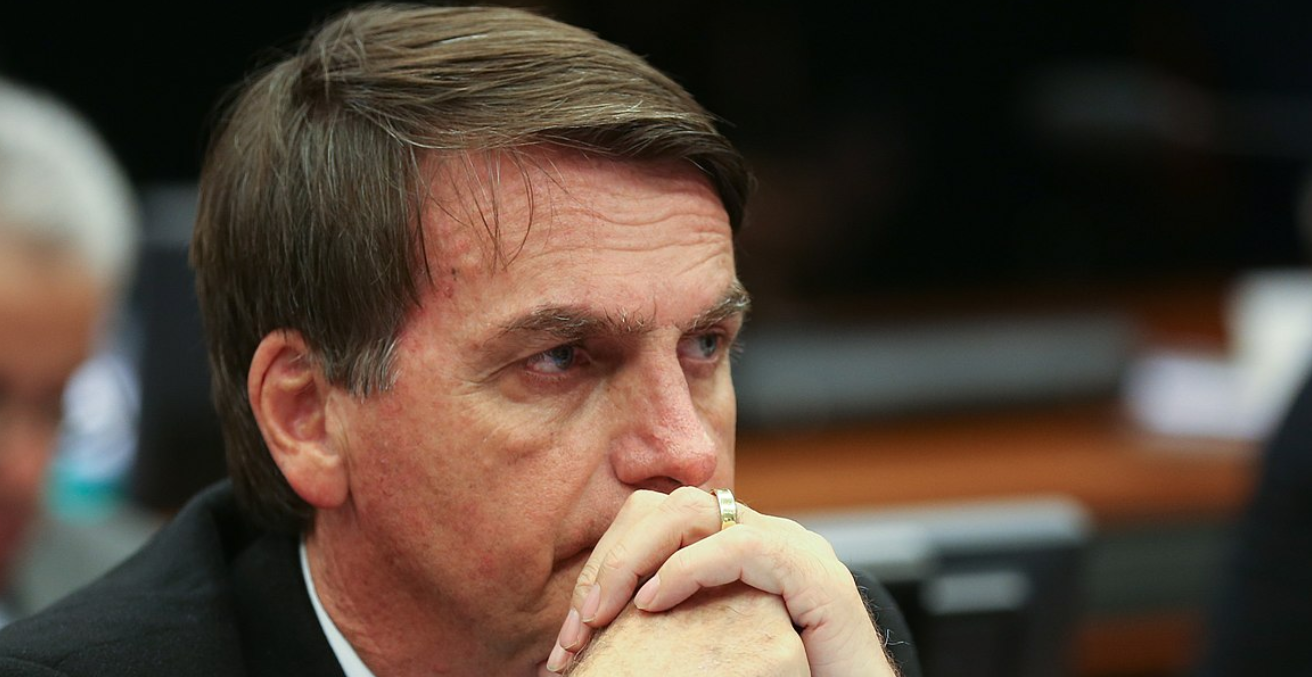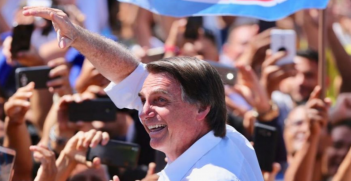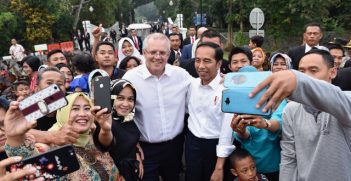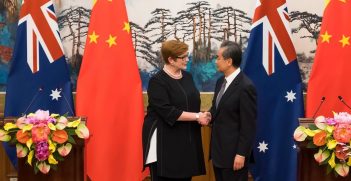Brazil’s President-elect and the Issue of Jerusalem

President-elect Jair Bolsonaro’s proposal to move the Brazilian Embassy in Israel from Tel Aviv to Jerusalem puts his ability to handle Brazil’s foreign policy challenges into question.
Brazil’s newly elected president, Jair Bolsonaro, will only take office on 1 January 2019. Yet, his foreign policy mishaps have already begun. Judging from his public statements so far, one may wonder if he has a grasp on the complex nature of international relations and foreign policy-making. This has become visible in how he has handled his first diplomatic spat.
Earlier this month, the Egyptian Government withdrew an invitation to Brazil’s Minister of Foreign Affairs Aloysio Nunes to visit the country and postponed a business delegation between the two countries with no new date in sight. The decision took place mere days before the Minister’s flight to Cairo, an unusual move in terms of diplomacy. Some 20 Brazilian entrepreneurs were already in Egypt for the trade negotiations and ended up flying back home empty-handed.
The official reason for the move was a change in the agenda of Egyptian officials, thereby requiring the visit to be rescheduled. However, the real reason seems to be quite obvious: the president-elect’s campaign proposal of moving Brazil’s Embassy in Israel from Tel Aviv to Jerusalem. Whether the decision was Egypt’s alone is unclear since, according to reports in Brazilian media, days before Egypt’s pullback from the meeting, the Arab League sent a note to Brazil’s Embassy in Cairo condemning the president-elect’s proposal.
President-elect Bolsonaro’s talk of the controversial move can be traced to early in his campaign. Back in December 2017, he was already stating in interviews his openness to the idea, which found great resonance with Brazil’s growing evangelical population, one of his most solid electoral bases. As the presidential campaigning continued throughout 2018, he made references to the Tel Aviv-Jerusalem move many times, although the issue was not one of great prominence in his campaign or with the electorate.
Less than a week after being declared the winner of the presidential election, Bolsonaro confirmed his willingness to move the embassy in an interview given to the Israeli newspaper Hayom and in his personal Twitter feed in no unclear terms: “As affirmed during the campaign, we intend to transfer Brazil’s Embassy from Tel Aviv to Jerusalem. Israel is a sovereign state and we respect it”. He also added his plan of perhaps closing Palestine’s Embassy in Brasilia, stating it was “built too close” to the presidential palace, and while he initially said his administration intended to move it to another place, he added that “Palestine first needs to be a state so it can have an Embassy”. A mere few days later, the long-planned Brazil-Egypt business meeting in Cairo was cancelled.
Criticism in Brazil was swift: not towards the Egyptians but directed at the president-elect, starting with the current administration of President Michel Temer (whose family is of Lebanese origin, adding an interesting, albeit unrelated element). Academics and diplomats seem to be almost all opposed to the change, particularly given Brazil’s longstanding reputation for diplomatic neutrality in the Israel-Palestine matter. The bulk of criticism came from Brazilian entrepreneurs who already do business with Arab countries, and are understandably very apprehensive about the political-economic dimension of the Embassy’s change in address. Even Bolsonaro’s appointment for Minister for Agriculture, Tereza Cristina, voiced the concerns of the so-called ‘Rural’ caucus in Brazil’s Congress, over which she currently presides, which gathers about one-third of total members from the lower and upper federal legislative chambers. Together, Middle Eastern countries are the second largest buyers of Brazilian animal protein and the fifth in total products. Thus, threats to this market are not trivial.
So far, the president-elect’s response to this issue has been underwhelming, if not cringeworthy. In the immediate aftermath, he chose to be silent and made no public statements. Then, when asked directly by reporters, he refused to discuss the subject, simply stating: “No, another question”. On 9 November, about five days after the event’s cancellation, he did a live video stream on Facebook and discussed the matter briefly and informally. Talking to the camera, he ranted about how unspecified people were saying that “a visit of businessmen to Egypt was cancelled because Bolsonaro said ‘I don’t know what’. Oh c’mon. Give attention to that, c’mon?”. He continued, “Who decides over Israel’s capital is the state of Israel. Didn’t Brazil change its capital from Rio to Brasilia? Was there any problem?”. The final part of his comment revealed his thin grasp on what the Embassy move represents: “We Brazilians get along with everybody. We don’t want problems with anybody. I wish these and other problems in the Middle East had been solved a long time ago, we want peace. But, to create a big deal because the capital [sic] will move from Tel Aviv to Jerusalem or won’t, let’s stop the fuss about it, c’mon, stop the fuss”.
While the term he used, deixa de frescura, does not have a direct translation, it basically means “stop the fuss” somewhere at a mid-point between “don’t make a big deal of it” and “stop whining”. Anyone with a basic political grasp on the issue of Jerusalem should know that it is more complicated than that. Let’s hope President Bolsonaro is able to address this and other international issues such as climate change in a more appropriate way than the president-elect has so far.
Deborah BL Farias PhD is a lecturer at the University of New South Wales.
This article is published under a Creative Commons Licence and may be republished with attribution.





